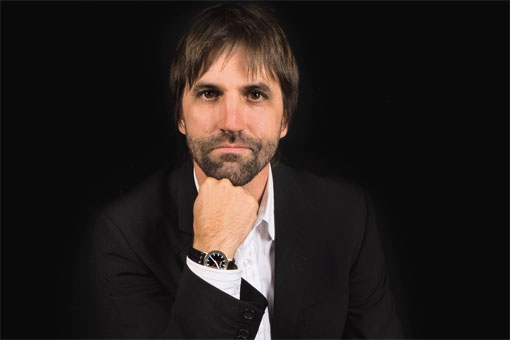We are the first truly global generation. Not only are we linked together by the transformation of communications technology and the globalization of the economy, today we’re also bound by a growing consciousness about the threat to our environment posed by climate change. We now realize that we are approaching the limits of the biosphere. The development of sustainable policies is the issue of my generation.
Fifteen years ago, environmentalists like me were considered alarmists, and we needed to use creative yet risky tactics to make our voices heard. As an activist for Greenpeace between 1997 and 2007, I was arrested four times—one of which was after I climbed Toronto’s CN Tower (one of the world’s tallest buildings) to make Canadians aware of our country’s lack of commitment to ratify the Kyoto Protocol. Twenty-four hours after being freed from jail, I joined my colleagues at a UN conference on climate change in Germany.
In those days, I had to break the rules to have my voice heard. But eight years later, I now chair the Committee on Sustainable Development for the Montreal Board of Trade and lead a special task force on renewable energies for the government of Quebec. Apparently, my fellow environmental activists and I were not so wrong after all.
Where did this passion and dedication for environmental issues come from? As I mentioned, our generation sees the physical limits of our world and the pressure our civilization has put on the natural environment. For example, many of us were born in areas surrounded by trees, fields, streams, and swamps, and almost all of us have seen that vegetation removed, only to be replaced by residential developments. Personally, this experience led to my first act of civil disobedience when, at the age of seven, (and with my mother’s consent), I climbed a tree next to my house to protest the destruction of a nearby forest.
My own transition has been repeated thousands of times by other activists of my generation. Today, we represent the mainstream. Environmental activism is an international priority, discussed in national parliaments and raised at most major world forums. In the fall of 2009, on the eve of the Copenhagen Conference, more than 1,000 companies from around the world, including all the G-20 countries, signed the Copenhagen Communiqué, a call for action to fight climate change. That would have been unthinkable a few years ago.
But what truly makes our generation different is our resolve to think globally. Unlike our predecessors, who concentrated on local and regional challenges, our global connections have provided us with new opportunities to effect change. That represents an evolution rather than a rupture. The networks of solidarity that helped advance movements on a local scale have now extended across borders. They have given us the capacity to influence global trends. For example, during the 350.org day of action on October 24, 2009, over 4,500 activities were held in 173 countries…





